As we have discussed in our “understanding the global trade environment” section, no country in the world is entirely self-sufficient. Every nation in the world engages in international trade in some way. However, many argue that the prosperity of a country’s citizens is directly linked to what they trade. Like any other commercial transaction, in international trade, you are remunerated in proportion to the problem you solve. Thus, a nation simply supplying the raw materials necessary for a life-saving medical device will earn significantly less than the nation providing the manufacturing facilities and intellectual property needed for its construction.
Africa’s generalised role in International Trade
Unfortunately, although resource-rich and understatedly capable in particular sectors, Africa’s participation in international trade is meagre and limited mainly to the supply of raw materials. For example, Africa primarily exports (often unrefined) natural resources such as gold, platinum, cobalt, diamonds, and oil. The World Bank currently puts Africa’s participation in international trade at 3% of total trade even though the continent holds just over 16% of the world’s population, 65% of the world’s arable land and 10% of Earth’s internal renewable fresh water.
Will Africa’s abundant natural resources make it rich?
Africa’s abundant natural resources could be viewed as both a gift and a curse. On the one hand, exporting commodities from Africa has generated significant revenue for governments and, by extension, its people. However, on the other hand, Africa’s reliance on the exportation of commodities means African economies are disproportionately susceptible to shocks in global commodity prices.
Furthermore, as counterintuitive as it sounds, being extremely resource-rich can be detrimental to an economy because countries do not prioritise the development of other sectors of the economy. This creates a situation where countries export raw materials but import costlier finished products. For example, while a country may be exporting platinum worldwide, they will likely import it back as value-add items such as catalytic converters or computer hard discs.

Africa’s future participation in International Trade
It is not all bad news; there seems to have been a shift in attitude towards global trade recently, with more and more competitive African businesses looking to take the leap and engage in international trade. In addition to the increasing pockets of excellence in the private sector, governments have also renewed their commitment to international trade. For example, governments in Africa are prioritising the AFCFTA free trade agreement as a mechanism to boost infra-Africa trade, various export assistance programs are devoting significant resources to developing exports from the continent, and even the term ‘trade international’ has seen a monthly google search volume of over 1000.
How will the AFCFTA free trade agreement impact Africa?
As discussed in our “Can Africa compete in international trade” article, the AFCFTA free trade agreement aims to reduce tariffs amongst signatories and boost regional trade in Africa. By seeking to achieve better economic integration, promote trade and attract investment, governments hope to use the AFCFTA free trade agreement to provide better jobs, reduce poverty and increase prosperity in Africa. According to a report released by the World Bank, the AFCFTA could increase foreign direct investment by between 111 and 159 per cent, inflows of FDI could build local capacity, and wages would rise by 9.8 per cent for men and 11.2 per cent for women. Furthermore, provided the AFCFTA’s goals are met, 50 million people could escape extreme poverty by 2035.
The problems with the AFCFTA free trade agreement
The AFCFTA free trade agreement has its supporters and its detractors. Unfortunately, the AFCFTA free trade agreement is not the first free trade agreement touted by governments in Africa as a silver bullet to all our economic problems. The success of the AFCFTA largely hinges on the ability of several African governments to address vital negotiations, infrastructure challenges, and policy shortcomings. Furthermore, exporters and importers from all across Africa must be aware of the agreement’s intricacies.
Growing Africa’s participation in International Trade together
While economists, politicians and the occasional social media expert argue over what Africa needs to grow and prosper, the fact remains – Africa needs more exceptional businesses, providing more exceptional products and services to more people around the globe. However, achieving such a goal does not occur in isolation. A true utopian Africa will require collaboration, mutual assistance and continuous learning to drive export development from Africa. We have created the TFSA School of Export for this reason. The TFSA School of Export aims to assist African exporters by providing on-demand information on how to enter the international market and engage in international trade. Furthermore, the TFSA program has begun to foster a community of like-minded individuals and businesses that care about growing the African continent into what she should be…. A UTOPIA. Click the link below to sign up for the TFSA School of Export for FREE, and let us help you grow your business.
To sign up to the School of Export CLICK HERE.
If you already have a profile, CLICK HERE to login to begin the module.
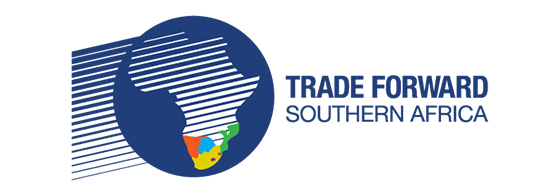
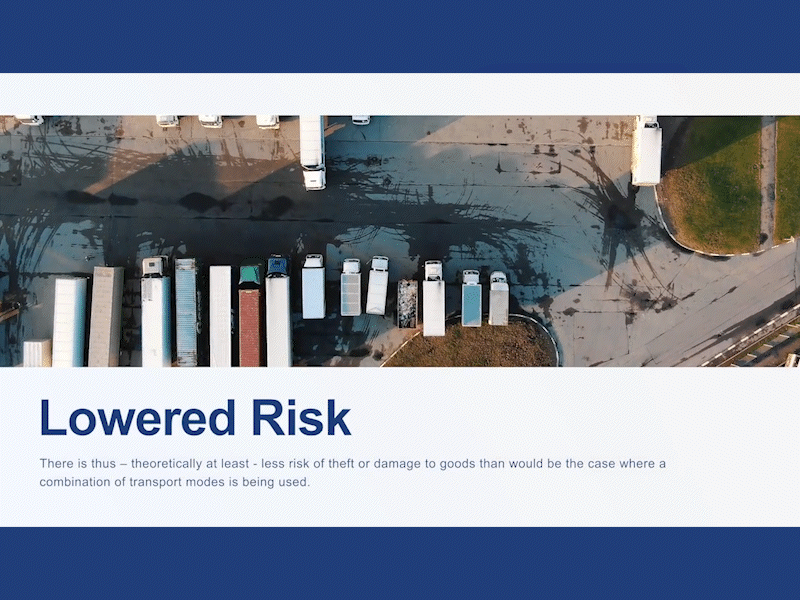
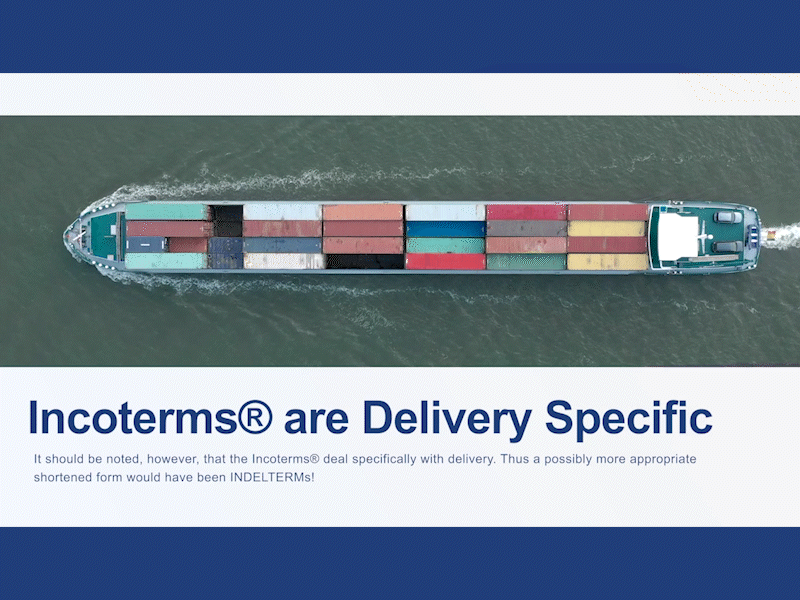
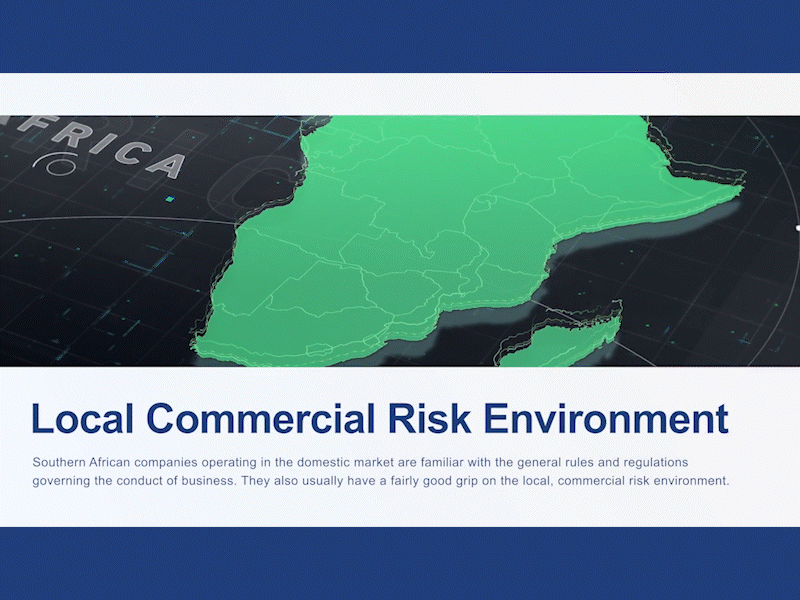
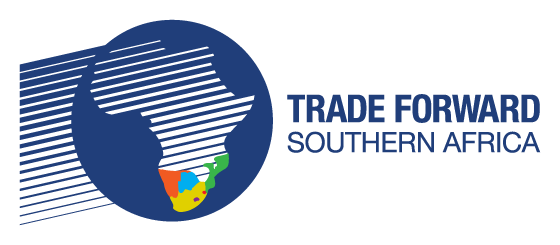





Leave a Reply